Romania and the Prague Spring
The photos of Czech photographer Josef Koudelka are telling of what happened during the Prague Spring of 1968.

Steliu Lambru, 30.12.2013, 15:31
Some photos become universal symbolic images of an outstanding event and stand the test of time, preserving their symbolism unaltered. The photos of Czech photographer Josef Koudelka are very telling of what happened during the Prague Spring of 1968, when Czechoslovakia was endeavoring to escape the Soviet influence.
Josef Koudelka was very lucky to be in the streets of Prague in August 1968 and to have his camera on him, as he could immortalize and show to the whole world the barbarism with which the Soviet Union and its allies were shattering the Czech people’s freedom aspirations. Returned from Romania only two days before the Warsaw Pact troops’ attack, Koudelka took the photos that he subsequently took out of the country in secret and published in France in 1969.
Romania did not participate in the invasion of Czechoslovakia in 1968 as it considered the move an act of aggression against a fellow Socialist state. Colonel Alexandru Osca, a military historian, wrote several books about the invasion of Czechoslovakia by the Warsaw Pact troops and about Romania’s non-involvement:
Alexandru Osca: “This was the largest-scale invasion of a state after WWII. Ceausescu was not invited to participate and was not informed about the invasion either. The leaders of Warsaw Pact countries met at the highest level 6 times. We cannot tell now what Ceausecu would have done if he had been asked about Romania’s participation in the invasion. “
Historian Petre Otu, the director of the Institute of Defense and Military History Political Studies has read the declassified documents showing that Nicolae Ceausescu knew about the campaign the Warsaw Pact countries were preparing against Czechoslovakia.
Petre Otu: “Ceausescu knew about the invasion. One of the very prompt and accurate sources was a Polish officer whose family took refuge in Romania in 1939 where they stayed until 1944. He was part of the Warsaw Pact command. The adviser to the Romanian embassy in Warsaw had been a high school colleague of the Polish officer. This was the channel through which very accurate information was received about the Soviets’ preparation for invasion. Ceausescu was informed by Ion Stanescu and, when he left for Prague, he ordered that the message received from the Polish officer be translated in the Czech language. In Prague he conveyed it to Dubcek. Upon his return, Stanescu asked Ceausescu if he had conveyed the message to Dubcek. Ceausescu answered: ‘Yes, but this guy… either he doesn’t know anything or he doesn’t want to know anything’. Ceausescu was discontent with Dubcek’s reaction.”
The relationship between Romania and Czechoslovakia was not close until 1968. In 1964, when the Valev plan was drafted, under which Romania was assigned the role of an agrarian economy in the Communist bloc, Czechoslovakia used its influence for this plan to be imposed. Petre Otu showed how the relationship between Romania and Czechoslovakia developed:
Petre Otu: “The Czech leaders were very reluctant about cooperating with Ceausescu until July. They tried to avoid him because any association with Ceausescu could be reason enough for the Soviets to invade Czechoslovakia. After they got wind of the Soviet upcoming invasion they reconsidered their relation with Romania. Ceausescu went to Prague to sign the mutual assistance treaty. This led to the theory according to which that was the birth of the Little Entente in the interwar period. Information from memorialist sources confirms that the Soviets were closely following this Danube alliance. Based on this information, the fighting squads of young men and patriotic guards, a sort of paramilitary formations, were secretly prepared so as to be able to participate in the August 23rd military parade. It was an extraordinary effort and Ceausescu, knowing about the invasion, made the preparations in secret”.
In 1968 there were 8 thousand Czech tourists in Romania and another 400 in Bulgaria, who then came to Romania. As they could not return to Czechoslovakia they were accommodated in the hotels of the National Tourism Office, and they were given money until the situation got settled a little bit in their country and they could return safe and sound.






























